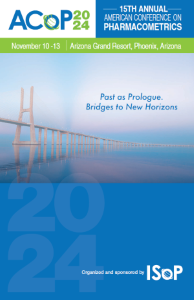Browse by Poster Title
Browse by Poster Title
- A
- T-024
- M-135
- T-131
- T-078
- M-061
- T-084
- T-088
- T-116
- T-071
- T-117
- T-013
- M-002
- M-126
- T-079
- M-089
- M-134
- M-030
- T-046
- W-138
- T-001
- T-103
- M-106
- T-056
- T-011
- T-018
- M-090
- T-066
- T-036
- T-070
- T-005
- M-039
- M-057
- T-062
- T-080
- W-009
- M-137
- T-129
- T-101
- M-025
- T-122
- M-110
- T-010
- M-100
- T-015
- T-067
- T-050
- M-073
- M-017
- M-064
- T-026
- M-072
- M-011
- M-028
- M-014
- M-136
- T-033
- M-068
- M-056
- T-044
- M-032
- M-008
- M-052
- T-099
- M-130
- W-033
- T-104
- M-099
- M-079
- T-043
- T-063
- M-109
- T-060
- M-006
- T-068
- W-077
- T-029
- T-048
- T-017
- W-006
- T-112
- T-081
- T-128
- T-083
- T-115
- M-116
- M-083
- T-120
- T-069
- M-026
- M-097
- M-129

